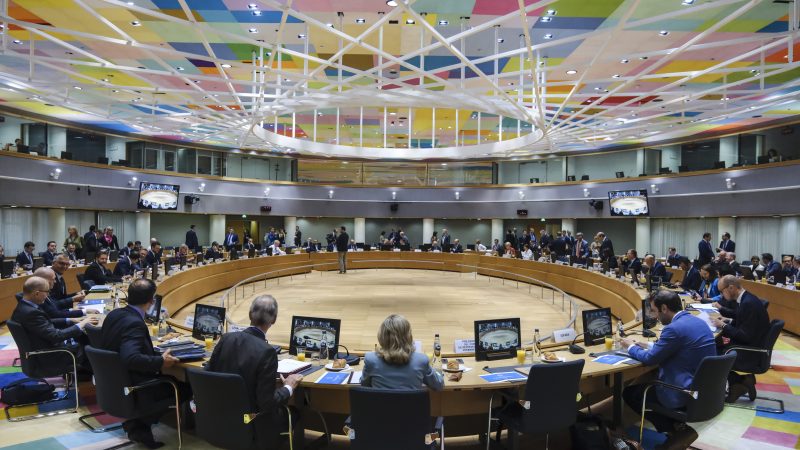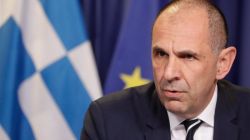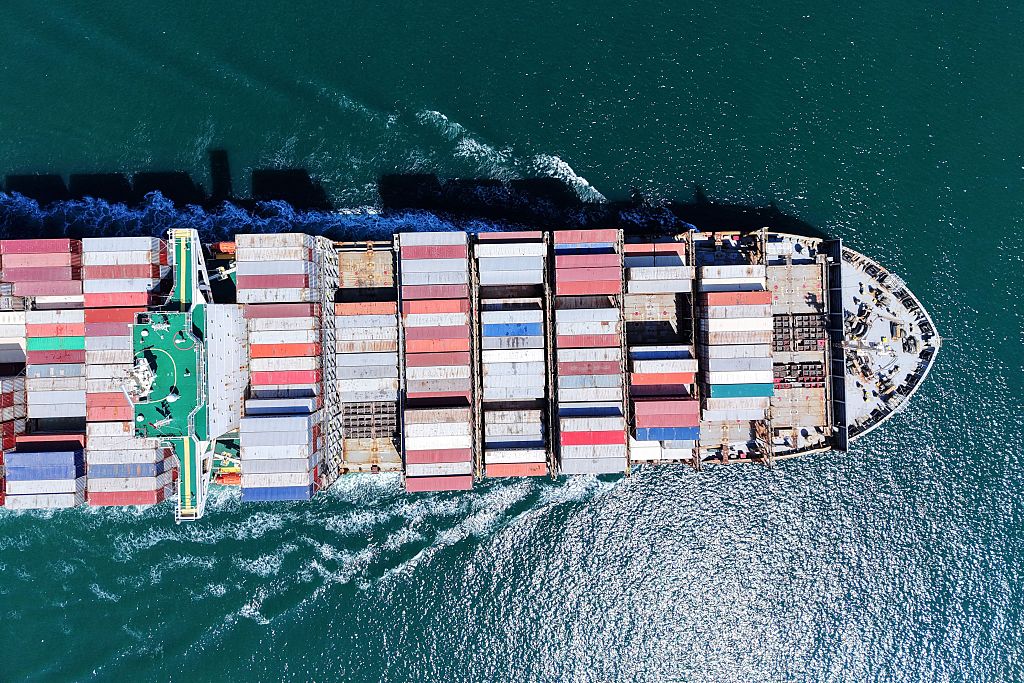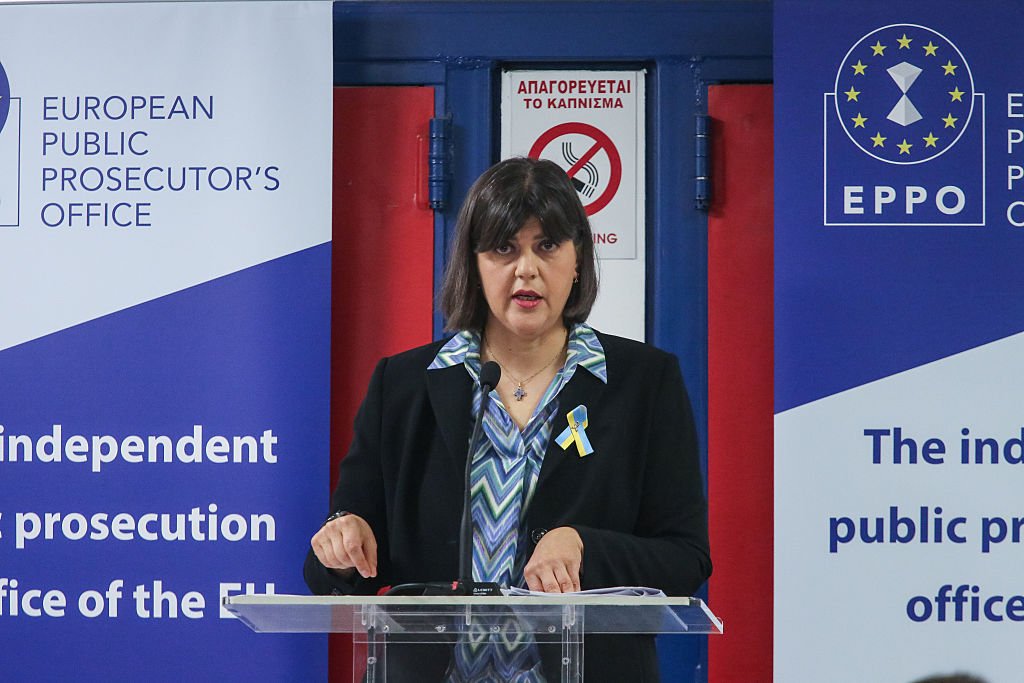EU budget: Member states pull the break on new revenue sources
Source: EURACTIV.com
Member states criticised the adjusted package of revenue streams for the EU budget, recently put forward by the European Commission, pointing to the “unfair balance” and “aggressive nature” of some of the resources proposed.
On Friday (14 July), EU member states’ finance ministers discussed the need for new ‘own resources’ – direct revenue streams – for the EU budget, following the Commission’s proposal for an adjusted package of these resources presented in June.
The proposal was put forward together with the review of the Multiannual Financial Framework (MFF), the EU long-term budget, in a bid to address the increasing borrowing costs for the repayment of NextGenerationEU, the EU pandemic recovery plan.
The package proposed a new statistical resource based on company profits and an increase from 25% to 30% in the contribution based on the Emission Trading System (ETS), which was part of a first batch of resources proposed in December 2021 and yet to be agreed by member states.
“The progress on the negotiations is limited,” EU Budget Commissioner Johannes Hahn told member states on Friday, adding that with the adjusted package, “there is new momentum for the negotiations.”
“We have proposed something which is simple, where the collection procedures are known and the data are available [and] in case there is an agreement we can implement as soon as possible,” Hahn said.
However, EU countries expressed scepticism on both the proposed new own resource and the adjustment on the ETS-based resource, pulling the break on the upcoming negotiations on the topic.
‘Unfair burden’
“Further work is needed, we need time and information to properly understand the consequences [of the new own resource],” said the Danish EU ambassador Per Fabricius Andersen, echoing similar concerns from Austria and Luxembourg.
The new contribution would be calculated on the basis of the amount of corporate profits that have been booked in a member state and would correspond to 0.5% of the total gross operating surplus booked in the country.
It is a temporary own resource that the Commission wants to replace with the upcoming framework for corporate taxation, but it was highly criticised, especially by the countries that would need to chip in more, such as Ireland.
“The proposed corporate own resource […] falls far short on the test […] that new own resources must ensure transparency and equity, including fair burden sharing,” said Ireland’s finance minister Michael McGrath.
Several member states also stressed that the corporate profit-based own resource would in fact correspond to an additional national contribution and that it would considerably increase administrative burdens for EU countries.
No fresh cash
“It does not provide fresh money,” said Poland’s finance minister Magdalena Rzeczkowska, adding that it would be better to wait for the new framework for corporate taxation as well as the agreement on international taxation, instead of adding a temporary own resource.
Poland and other member states, including Estonia, Romania, Hungary and Slovenia, also criticised the Commission’s proposed adjustment to the ETS-based resource, pointing to its “aggressiveness” and arguing that the proceeds should rather flow into national budgets.
“We do not support the increase from 25% to 30%, which would reduce our own ability to make green investments,” said Estonia’s minister of finance Mart Võrklaev, adding that “we expected the proposal to balance the aggressive impact of the ETS own resource.”
Meanwhile, Germany and the Netherlands were critical of the overall need for new own resources, and suggested reshuffling existing resources, instead of creating new ones.
“GNI [Gross National Income] contributions will ensure sufficient funds are available for the EU budget,” said Dutch finance minister Sigrid Kaag.
Only Greece and Portugal welcomed the package and pointed to the need to speed up the process to “make the proposal a reality”.
A separate discussion
The majority of member states, however, instead pointed to slowing down the process, in order to take more time to analyse the proposal.
At the same time, they stressed the need to keep discussions on own resources separate from both the MFF review and the financial support for Ukraine, all announced together by the Commission in June.
In particular, EU countries are likely to green-light the financial support for Ukraine as soon as possible, while negotiations for the MFF review and own resources will take longer.
According to Commissioner Hahn, however, putting everything on the table “makes sense” and new own resources will be critical to cover the EU debt.
At the same time, he added that “there will need to be some further technical work.”
In order to become operational, the complete batch of own resources needs to be approved unanimously by EU countries and by the European Parliament, which already approved the first batch of own resources in November 2022.
[Edited by János Allenbach-Ammann]
Read more with EURACTIV
The original article: belongs to EURACTIV.com .






